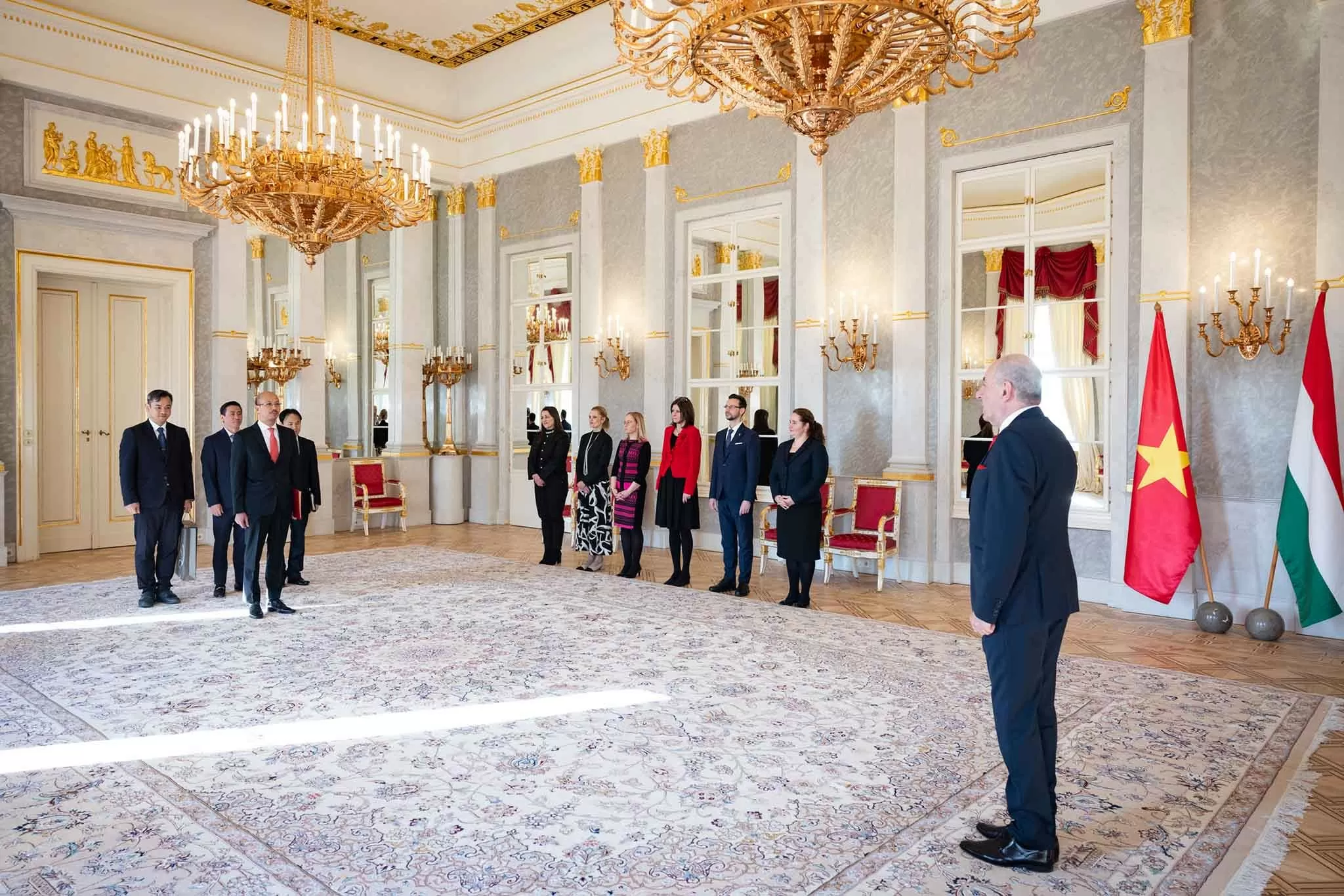 |
| Ambassador Extraordinary and Plenipotentiary of the Socialist Republic of Vietnam to Hungary Bui Le Thai presents his credentials to Hungarian President Sulyok Tamás, January 14, 2025. (Source: Embassy of Vietnam in Hungary) |
Right after Tet 2000, I unexpectedly received a phone call from the French Ambassador in Hanoi, Mr. Serge Degallaix. Mr. Degallaix informed me that the French President wanted to invite General Secretary of the Communist Party of Vietnam Le Kha Phieu to pay an official visit to France. I immediately reported the matter to my superiors, and not long after that, the Politburo decided that General Secretary Le Kha Phieu would make a historic visit to the French Republic.
A turning point that sets a precedent
The visit is a major turning point not only in the bilateral relations between Vietnam and France, but also has strategic significance in Vietnam's international integration process. For the first time, a General Secretary of the Communist Party of Vietnam officially visited a Western European country under the capitalist regime. Organizing this visit was not simple, especially in terms of protocol. French protocol has no regulations on welcoming a General Secretary of the Communist Party - a title that is not considered a head of state or leader in the Western sense.
I was sent to join the advance delegation to Paris to discuss in detail with the other side issues related to the visit: talks, meetings, the content of the Joint Statement, reception, logistics... The meetings were long and sometimes tense because there was still a gap between the two sides in understanding and approach to the draft Joint Statement and especially the ceremony to welcome our General Secretary. Because French law does not have regulations on the ceremony to welcome the General Secretary of a foreign political party, this was the most difficult negotiation content. Our side requested that France give the General Secretary the highest reception ceremony reserved for a head of state because the General Secretary is the head of state and is visiting France at the invitation of French President Jacques Chirac.
At the end of each working day, the advance team met and reported to the head of the team, Comrade Nguyen Van Son, member of the Party Central Committee and Head of the Central External Relations Commission. When hearing the report on the difficulties in negotiating the reception ceremony, Comrade Nguyen Van Son said a sentence that I still appreciate to this day: "What you say is your business. We have our own opinions. Continue to fight". This is the skillful application of Ho Chi Minh's thought in diplomatic negotiations "with unchangeable principles, responding to all changes": steadfast in principles, but flexible and clever in strategy. Later, this sentence became a guiding principle throughout my career in foreign affairs.
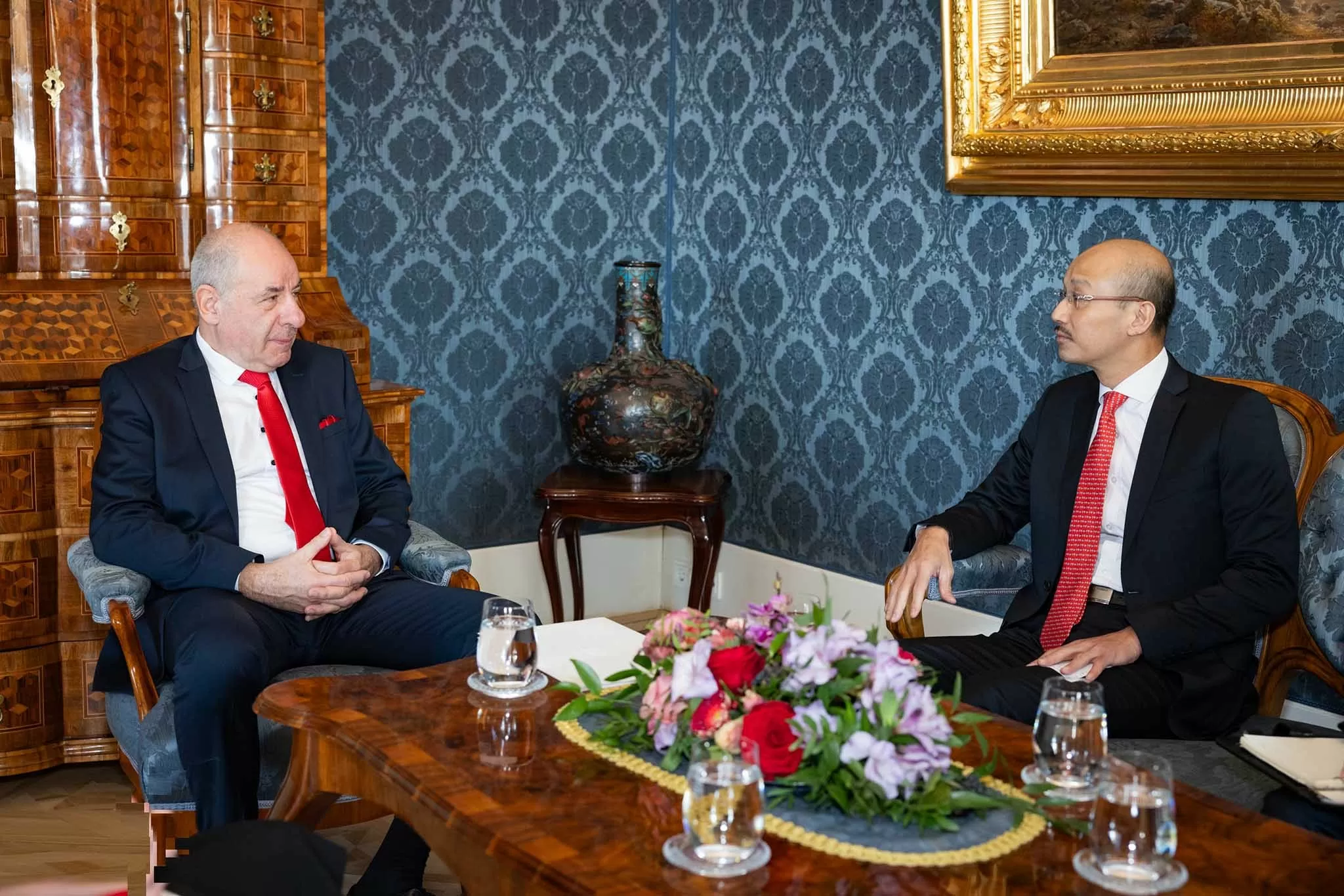 |
| Hungarian President Sulyok Tamás warmly received Ambassador Bui Le Thai. (Source: Vietnamese Embassy in Hungary) |
"Just tell me what you need"
After much negotiation, persuasion, and even struggle, the French side only stopped at acknowledging our requests regarding the welcoming ceremony and would report to President Jacques Chirac. As someone who is quite knowledgeable about the French administrative apparatus, I reported to the Vietnamese Ambassador to France at that time, Comrade Nguyen Manh Dung, and suggested that the Ambassador find a way to approach and persuade the foreign affairs advisor of President Chirac to support our requests. Fortunately, we had a "channel" to approach the foreign affairs advisor of the French President and he even arranged for our Ambassador to meet with President Jacques Chirac, a rare thing for an Ambassador to France at that time.
At the reception, President Chirac said to Ambassador Nguyen Manh Dung very intimately: "With Vietnamese friends, if you need anything, just ask!". Thus, the most difficult issue regarding the reception ceremony was resolved thanks to the personal relationship with the President's foreign affairs advisor. The French side agreed to give the reception ceremony at the head of state level to General Secretary Le Kha Phieu. This was not only a respect for General Secretary Le Kha Phieu personally but also a recognition of the leadership role of the Communist Party of Vietnam.
Since that historic visit, the organization of the General Secretary's delegations to visit countries around the world has been more favorable in terms of reception protocol because of the French reception precedent. In 2015, General Secretary Nguyen Phu Trong made a historic visit to the United States, holding talks with President Barack Obama in the Oval Office of the White House. This was the second important milestone marking the recognition by countries around the world, including the United States, of the leadership role of the Communist Party of Vietnam and the Party's General Secretary. Since then, the organization of the General Secretary's delegations to visit countries has no longer encountered any difficulties in terms of reception protocol, countries have given the General Secretary the reception protocol reserved for heads of state, and even had many exceptional protocol measures.
Some thoughts
Firstly, the simple but courageous saying of comrade Nguyen Van Son - "What you say is your business, I have my own opinion" - has become a profound lesson for those working in foreign affairs. Behind it is the skillful application of the principle of "with unchanging, adapting to all changes" in Ho Chi Minh's diplomatic thought: maintaining a firm stance, steadfast in principles, but always having to respond flexibly, wisely and intelligently to countless practical situations.
Second, diplomacy is not only about dialogue between countries, but also about connecting people to people. Building and nurturing personal relationships with politicians, leaders, senior advisors... is sometimes the key to opening the door to resolving seemingly insurmountable deadlocks. In the world of diplomacy, personal relationships can create strategic breakthroughs. Behind the handshakes, the formal ceremonies, the signed documents are the silent dedication, passion and intelligence of those working in foreign affairs.
I tell this story not only as a memorable memory, but also as a sincere message to young people entering the diplomatic profession: That in diplomacy, every decision, every action, even just a word can carry national responsibility. Diplomacy, like life, is a journey of connections. Cultivating sincere and trustworthy personal relationships is sometimes the "opening" in seemingly deadlocked moments. And sometimes, just one sentence at the right time, to the right person, in the right situation can become a guiding principle for a lifetime of work.
Source: https://baoquocte.vn/mot-bai-hoc-ve-di-bat-bien-ung-van-bien-323475.html






























![[Photo] Nghe An: Provincial Road 543D seriously eroded due to floods](https://vphoto.vietnam.vn/thumb/1200x675/vietnam/resource/IMAGE/2025/8/5/5759d3837c26428799f6d929fa274493)






















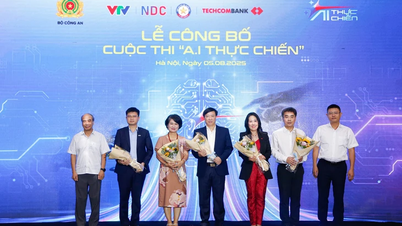
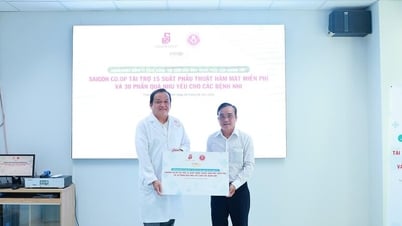

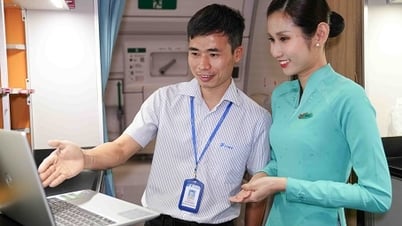
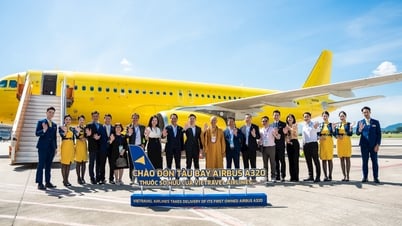


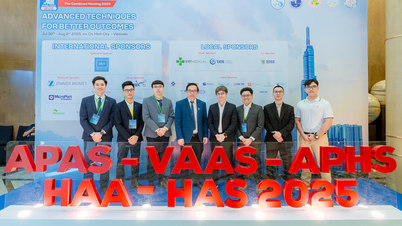
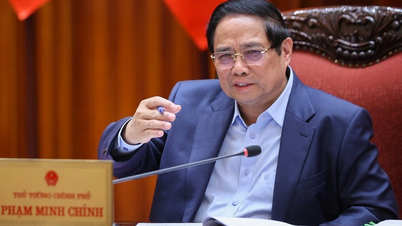
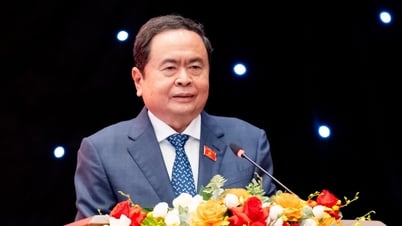
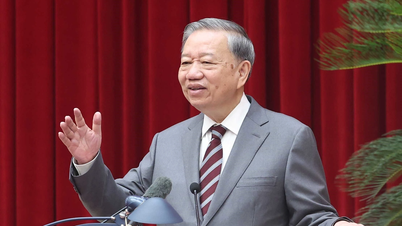
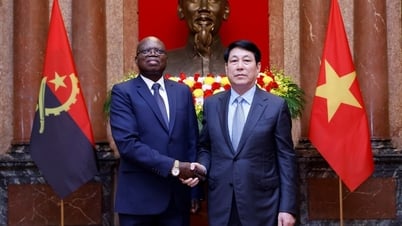

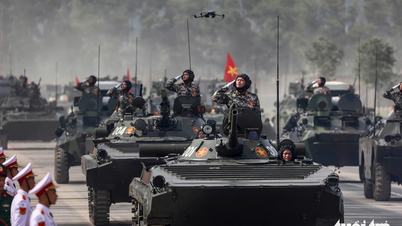
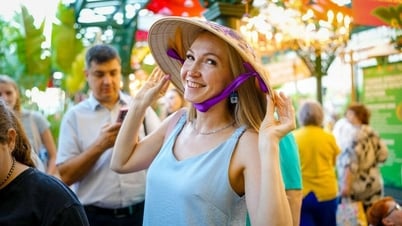



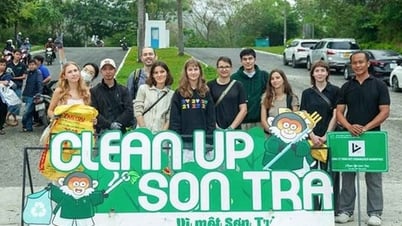
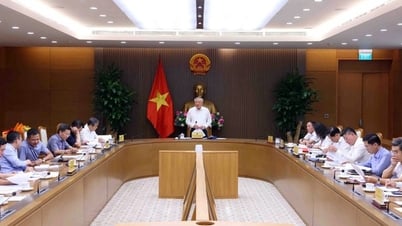
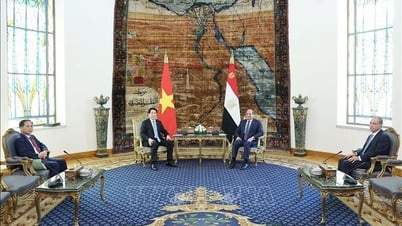

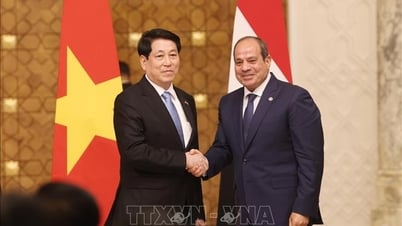

















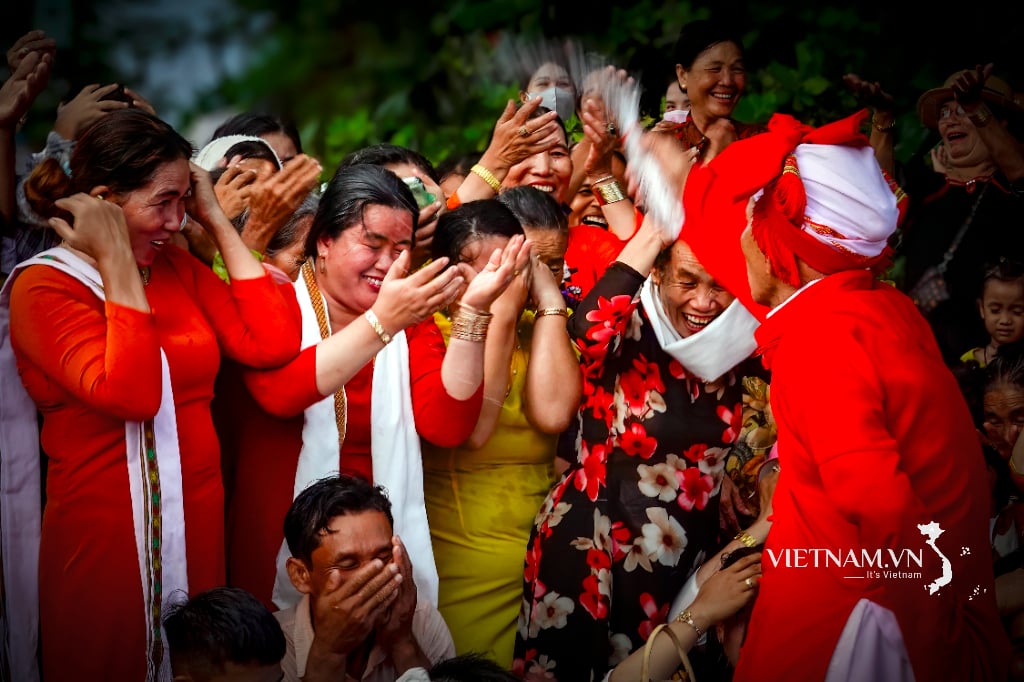

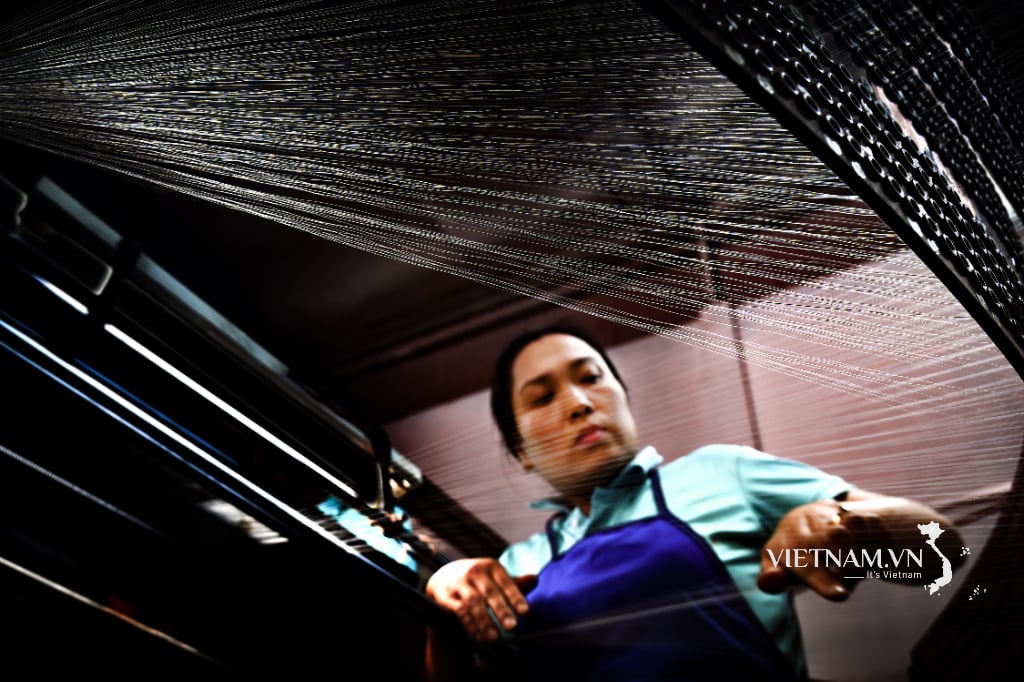
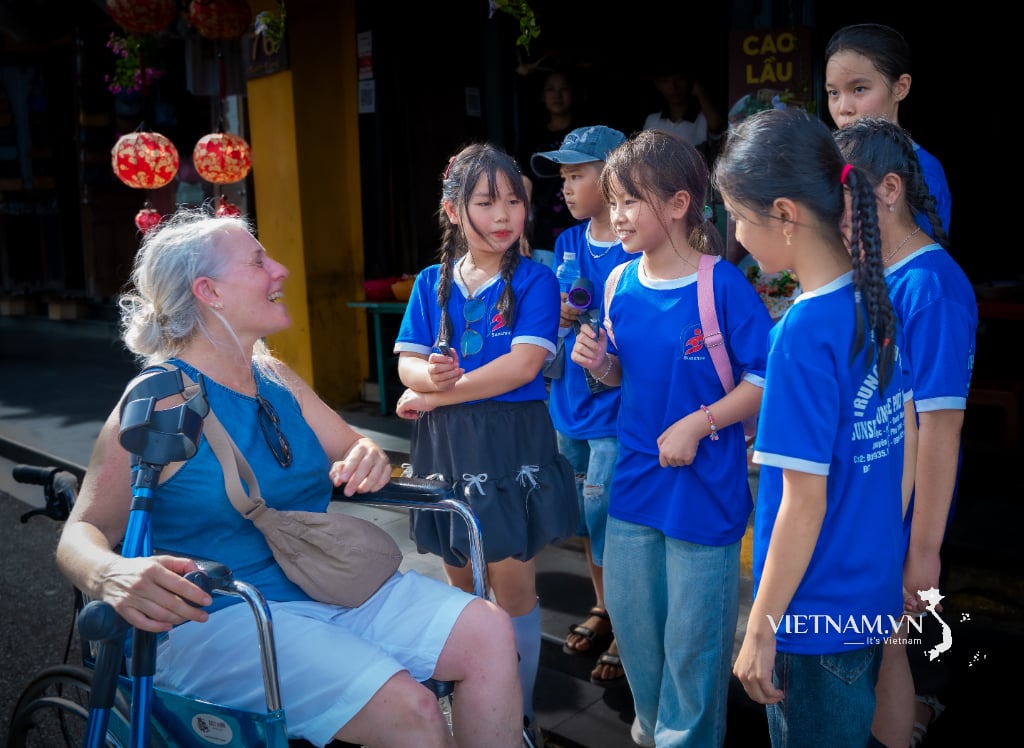
Comment (0)